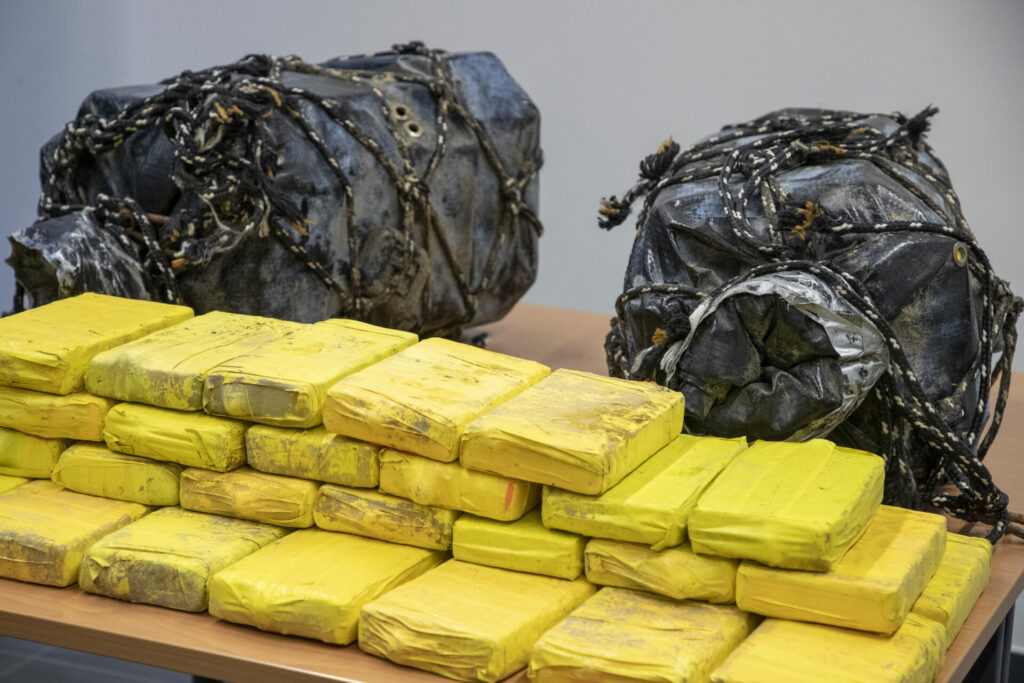Peru’s Ministry of Interior has announced a plan to convert seized cocaine into concrete blocks, a practice which significantly reduces the environmental impact of incinerating the contraband.
“The environmental impact of burning cocaine will be significantly reduced by impregnating the substances in concrete blocks that will be placed in landfill sites,” stated the Ministry.
Their innovative method includes mixing cocaine with cement, salt, and chemical catalysers to create solid concrete blocks. This ensures the seized illegal substance cannot be reclaimed.
“Not only is this encapsulation irreversible and less harmful to the environment, it’s highly efficient too, enabling the disposal of roughly 60 tonnes of substances within a maximum of 40 hours, compared with the current 80-day timeline,” the statement announced.
In 2023, the Peruvian Ministry of Interior reportedly incinerated over 50 tonnes of drugs. Peru is listed as one of the largest producers of coca leaves and cocaine, following Colombia. Ecuador has also adopted this method of concrete encapsulation.
Related News
- Belgium ramps ups its capacity to incinerate seized cocaine
- Belgium to develop 'explosive suitcase' to immediately 'deactivate' seized cocaine
In Belgium, customs authorities have addressed concerns over excessive delays between seizures of substances, particularly cocaine at the port of Antwerp, and their destruction. This concern was raised following assaults on port officers at a customs warehouse.
Flemish Environment Minister, Zuhal Demir, had pledged to establish a “fast track” to destroy seized cocaine on the day it is captured. She also has announced plans to collaborate with the Flemish Institute of Technology (VITO) to explore if customs can render the seized substances chemically unusable themselves, aiming to further reduce delays.

